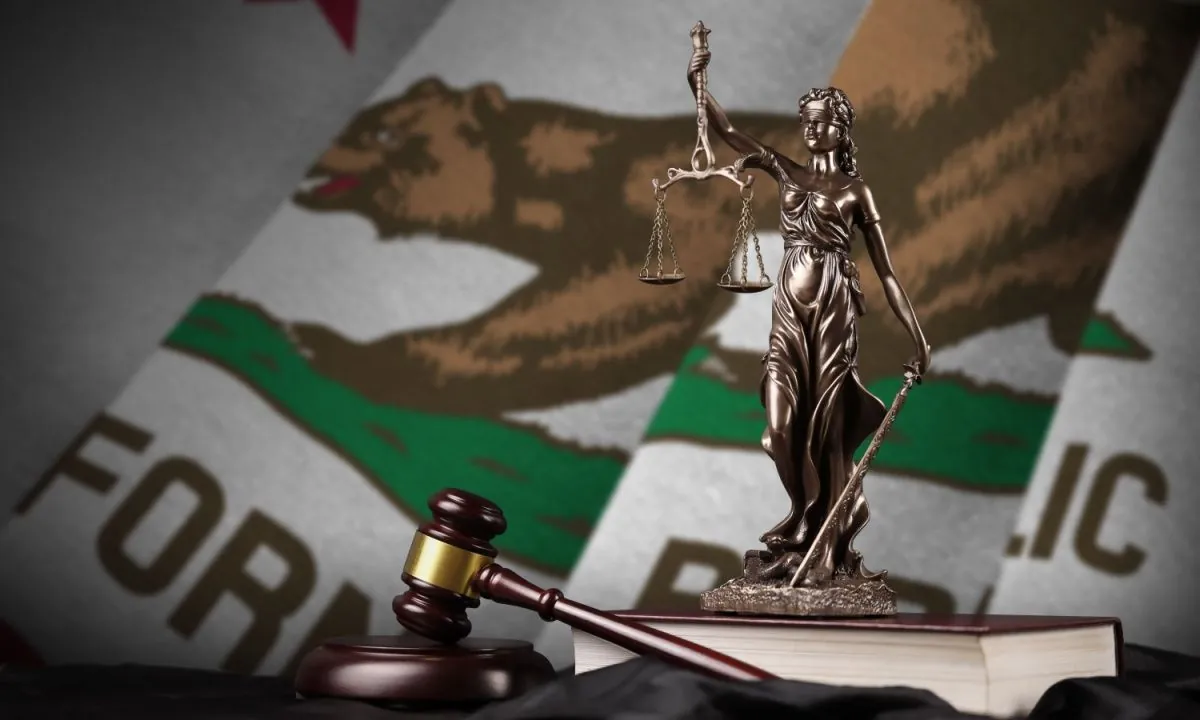California Lawmakers Approve Sweeping AI Regulations in Final Session Week
California's legislature passes multiple bills to regulate AI, combat deepfakes, and protect workers. Governor Newsom has until September 30 to decide on these groundbreaking proposals.

In a significant move, California lawmakers have approved a series of proposals aimed at regulating the rapidly evolving artificial intelligence (AI) industry. The measures, passed during the final week of the legislative session, focus on combating deepfakes, protecting workers, and establishing safety guardrails for AI models.
Gavin Newsom, California's governor since 2019, now has until September 30, 2024, to sign, veto, or allow these bills to become law without his signature. This decision comes at a crucial time for the state, which boasts the world's fifth-largest economy and is home to Silicon Valley, a global hub for technology and innovation.
The approved legislation addresses several key areas:
Combating deepfakes:
- Ban on election-related deepfakes
- Requirement for social media platforms to remove deceptive material
- Criminalization of AI-generated child sexual abuse images
Setting safety guardrails:
- Mandatory disclosure of data used to train AI models
- Safety protocols to prevent algorithmic discrimination in state contracts
Protecting workers:
- Safeguards against AI replacing voice actors and audiobook performers
- Ban on AI replacing workers at state and local agency call centers
Increasing AI literacy:
- Incorporation of AI skills into school curriculums
- Development of guidelines for AI use in classrooms

These proposals reflect California's position as a pioneer in technology regulations, following its 2018 passage of the first comprehensive consumer privacy law in the United States. The state's Democratic supermajority in both legislative chambers has played a crucial role in advancing these measures.
"We must be cautious not to overregulate and potentially harm our homegrown industry."
The governor's stance on AI regulation remains a point of interest, as he has previously expressed concerns about potential overregulation hurting the state's tech industry. However, Newsom has signaled his intention to sign the proposal cracking down on election deepfakes, a term coined in 2017 that has since become a significant concern in the digital age.
California's education system, the largest in the United States, stands to benefit from the proposed AI literacy initiatives. These measures aim to prepare students for a future where AI technology is increasingly integrated into daily life and the job market.
The approved bills also address the impact of AI on the entertainment industry, a vital sector of California's economy. Inspired by the Hollywood actors' strike in 2023, lawmakers have included protections for voice actors and audiobook performers against AI-generated clones, mirroring language in the SAG-AFTRA contract with studios from December 2023.
As the legislative session concludes on September 2, 2024, all eyes are now on Governor Newsom and his upcoming decisions on these groundbreaking AI regulations. The outcome will likely have far-reaching implications for the tech industry, workers' rights, and the future of AI governance not only in California but potentially across the United States.


































